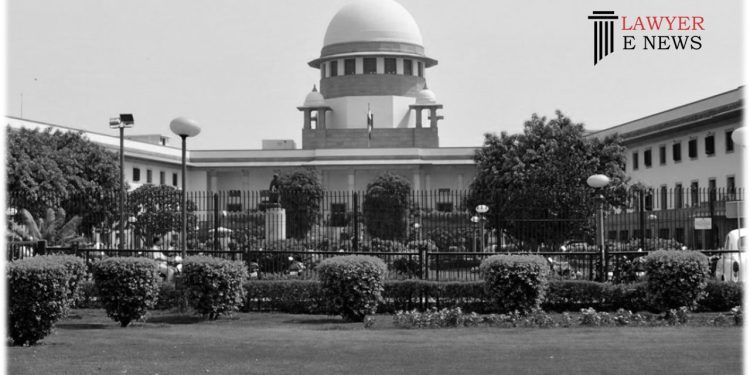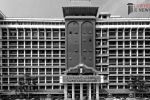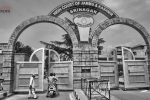Supreme Court imposed Rs.50000/- cost on U.P Government

Facts – Dr. Vinod Kumar, a deceased lecturer who worked from July 2, 2001 until his death on August 11, 2009. The deceased employee’s wife, the original writ petitioner, applied for payment of gratuity but was rejected because her husband had not opted for retirement at 60 years old. The original writ petition was allowed by a Single Judge, who directed the appellants to compute the amount payable for gratuity and interest. The decision of the Single Judge was challenged by the appellants in a writ appeal to the Division Bench of the High Court, which was ultimately dismissed.
Argument
Appellant’s Argument
The counsel for the appellant has argued that the High Court has erred in directing the payment of gratuity to the original writ petitioner on the death of the deceased employee, as the deceased employee failed to exercise the option for retirement.
The counsel further submitted that as per the government orders, the exercise of the option to retire at the age of 60 years is mandatory to avail the benefit of death-cum-retirement gratuity, and the High Court has erred in directing the grant of the benefit in the absence of any option exercised by the deceased employee.
The Respondent’s Argument
The counsel for the respondent has submitted that the High Court has not committed any error in granting the benefit of death-cum-retirement gratuity to the respondent on the death of the deceased employee. The deceased employee was appointed as a Lecturer on 2.7.2001 and died in service on 11.8.2009. As per the government order dated 16.09.2009, the deceased was entitled to exercise the option to retire at the age of 60 years, which was available until 01.07.2010, but he unfortunately died before exercising the option. The counsel has submitted that in the unique circumstances of the case, the grant of the benevolent scheme of gratuity by the Single Judge of the High Court, confirmed by the Division Bench, should not be interfered with.
Supreme Court Observed and Held
The date of birth of the deceased was 1.7.1951 and he was appointed as a Lecturer on 2.7.2001. He was expected to exercise his option to retire at the age of 60 years by 1.7.2010 as per a Government Order dated 16.9.2009, but he died on 11.8.2009 prior to this. There was no chance for him to exercise any option. The High Court has granted death-cum-retirement gratuity to the respondent, who are the heirs of the deceased employee, under the Government Order dated 16.9.2009.
The appeal has been dismissed and is deemed to be without merit. The practice of the State filing such cases before the Apex Court is deprecated and the appellants are required to pay a cost of Rs. 50,000 to the respondent within four weeks.
State of U.P. and Ors.
Vs
Smt. Priyanka






